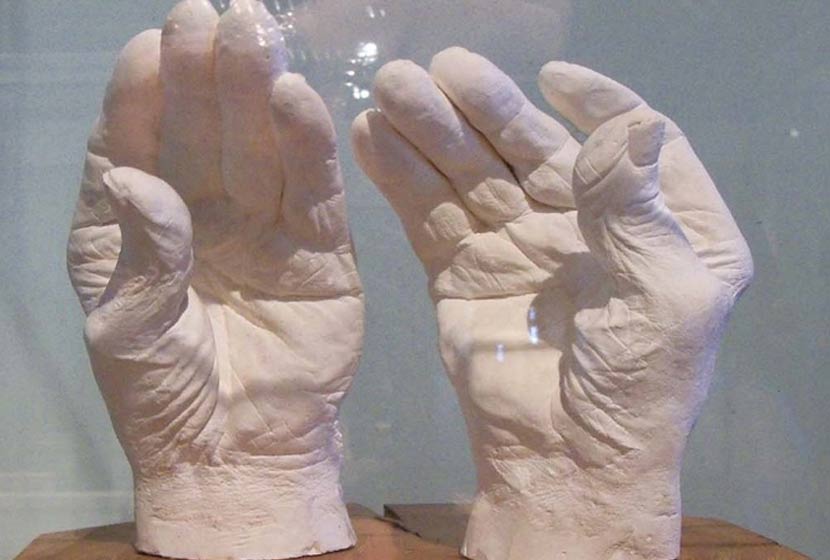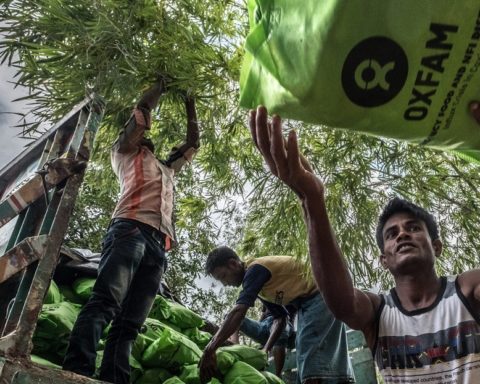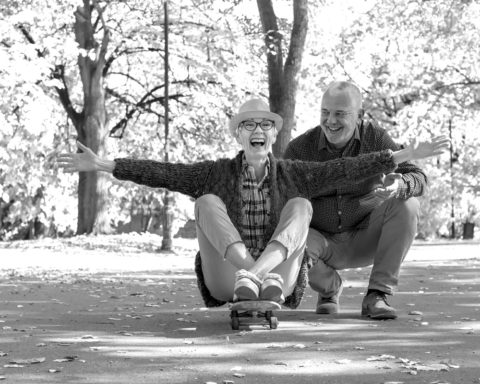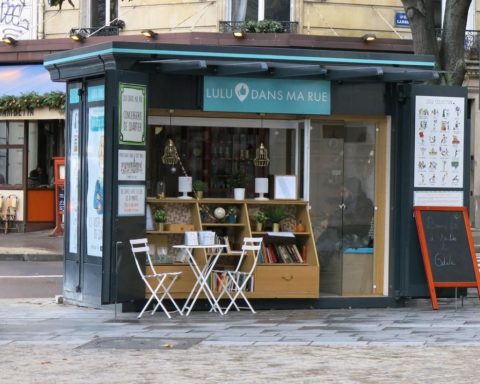The quality of interpersonal relationships plays a decisive role in our human communities. However, if it is to escape the vagaries of conflict, this capital, which has windfall effects, must be subject to regulatory measures. As for the content of these measures, trial and error is still required.
Vers a sociology of the person
Because we were not initiated at a young age, it is often late in life that we understand the necessity of this fundamental learning process, which is the reconciliation of the emotions of others with our own. This is not without difficulty in our living environments, where the pioneers of social intelligence are inventing a new science that will perhaps one day bear the name "sociology of the person".
According to the testimonies we have, such an aptitude cannot be improvised but requires its neophytes to undergo an arduous apprenticeship, including in particular the discovery of the role of personal responsibility in social dynamics.
This last achievement is decisive because people who find themselves on this wavelength gain access to the space of the "bigger than themselves" and can establish sustainable modes of cooperation with their various partners. This form of openness carries with it an anguish that the writer-traveller Nicolas Bouvier illustrates as follows: "When we welcome something that is bigger than us, it's like letting a giant into our little house. We're afraid it's going to start smashing things up." (1).
To overcome one's fear...in the memory of a journalist, this is indeed the test that every individual, every organization, big or small, must overcome when it considers letting the gaze of others into its precincts. Experts in human relations must act as educators if they want to help their clients overcome the hazards inherent in this process. If too many of them then confine themselves to a magical space, that of the projection of a virtual image, the best inspired ones ensure their durability by implementing a strategy of "real presence" in the social field. It is only at this stage that relationships of a personal nature can develop sustainably within the environment in question, which thus sees its cohesion strengthened.
The ethics of our precursors and its topicality
 In conducting this process, the ethics of the pioneers of institutional communication can still inspire ours in the conflictual situation we are going through. It requires managers wishing to communicate with the public, via the advisor of their choice, to enter into an original commitment of a moral nature with the latter, which is not simply a subcontracting process, but is more than just a legal form of common law, a respectful encounter between two freedoms.
In conducting this process, the ethics of the pioneers of institutional communication can still inspire ours in the conflictual situation we are going through. It requires managers wishing to communicate with the public, via the advisor of their choice, to enter into an original commitment of a moral nature with the latter, which is not simply a subcontracting process, but is more than just a legal form of common law, a respectful encounter between two freedoms.
An approach in which the sinews of war, money, is used not as an instrument of absolute, even corrupting power, but as a versatile, sometimes transitory, even useless fuel. It is so true that the primary objective of a contract aimed at generating a climate of benevolent listening between its actors is a favour which is destined to remain reciprocally gracious between the latter. In such a process, the relationship between the issuers of information and its recipients must never be the subject of a commercial transaction, on pain of disqualification in advertising. It follows that the remuneration that is granted to a communication agent, because of his "obligation of means", does not make him an irresponsible mercenary. For it is the integrity and freedom of expression of this official that underpin his or her credibility both upstream and downstream, and thus the sustainability of his or her action.
This light allows us to affirm that the transformation of a rigid bastion into a living cell, as well as that of a unilateral approach into a common work, can be a miracle. But it is not necessarily a matter of magic manipulated by unscrupulous intermediaries.
In this fight for the advent of an authentic relational ethic, advocates of good practices can today rely on a new asset: mediation. Let us recall the most commonly accepted acceptance of this term: "The process of creating and repairing social ties and resolving conflicts in daily life through the intervention of an impartial and independent third party. »
The spirit of mediation, guaranteeing the ethical nature of communication
"Civic mediation is probably the great social adventure of this century, the guarantee of what makes our humanity: the ethical character of communication." says Michèle Guillaume-Hofnung, professor of law, founder of the MGH Institute. (2)
In this context, relational pedagogy practitioners and other artisans of civil harmony assume that the individual can, by free choice and not simply by coercion, learn to strengthen the quality of his or her interpersonal exchanges. The methods they propose to their emulators call for work on words and on their feelings. This work, based on the recognition of others and the acceptance of their evolving being, has the effect of renewing the way in which the participants in this exercise look at themselves and at others.
In other words, and as people who use a mediator happily observe, "mediation is a spirit, a language, which offers us to live differently from each other. To be trained in mediation is to increase one's potential for humanity."
Apparently, the advent of such concepts and practices has not yet removed much of their impetuosity, nor, above all, their appetite for power, from the rich range of human passions! But it does give us a glimpse of the existence, within our social life, of peacemakers capable of mastering them on a case-by-case basis, without dulling them.
And it is in this way that Reason and Passion, when they are found in the spirit of mediation, can reinforce the validity of the Easter dynamic: "After having known the truth through reason, one must try to feel it. Otherwise it will always be uncertain and shaky. The heart has its reasons which reason does not know."

(1) Roads and Routes - Geneva, Metropolis, 1992
(2) La médiation, collection Que sais-je? 6th edition PUF, 2012.
Main photo: "Mediation Womb Close Up" by Deanna Van Buren












